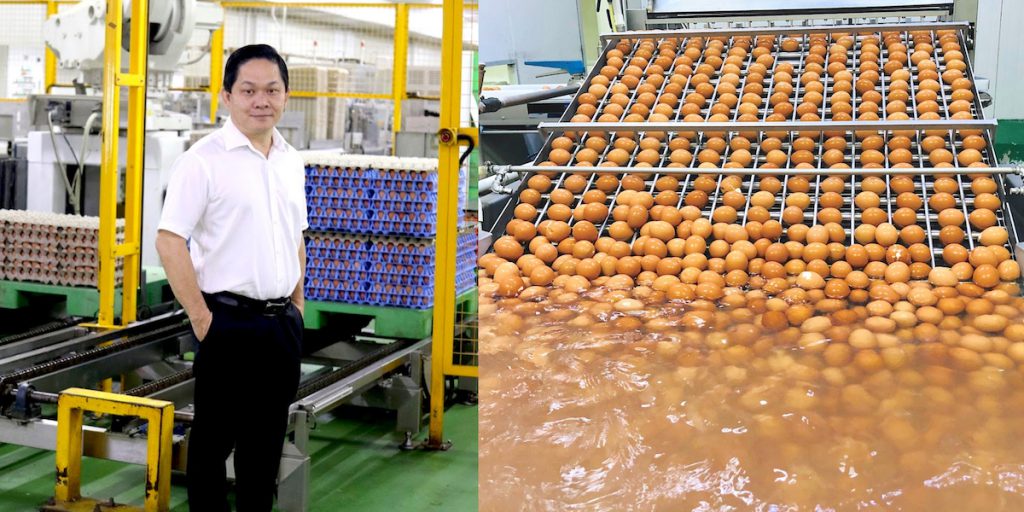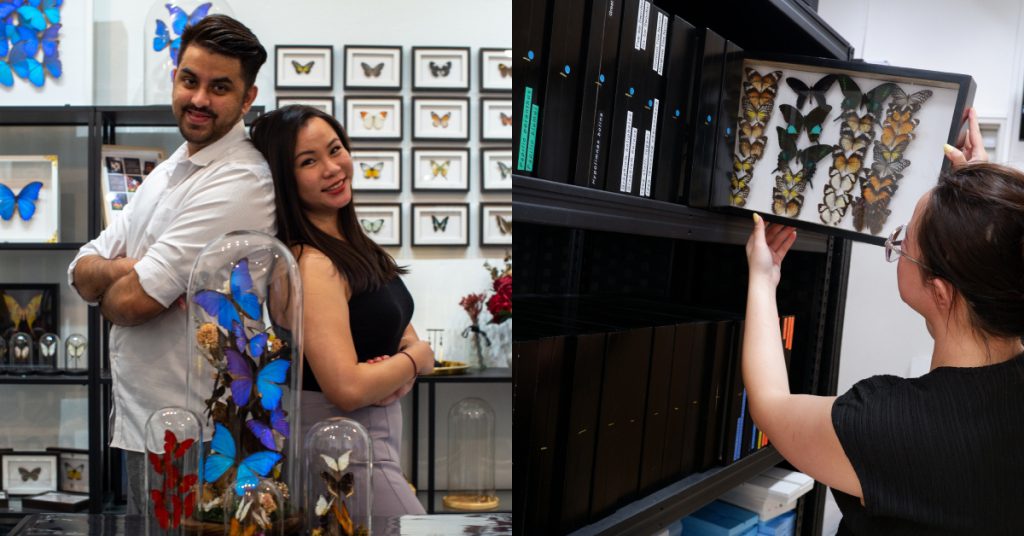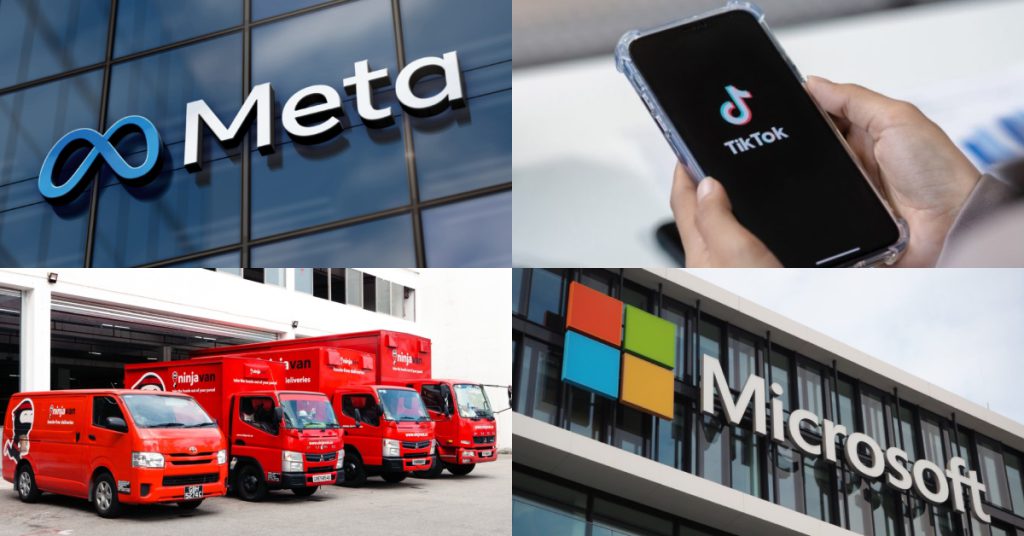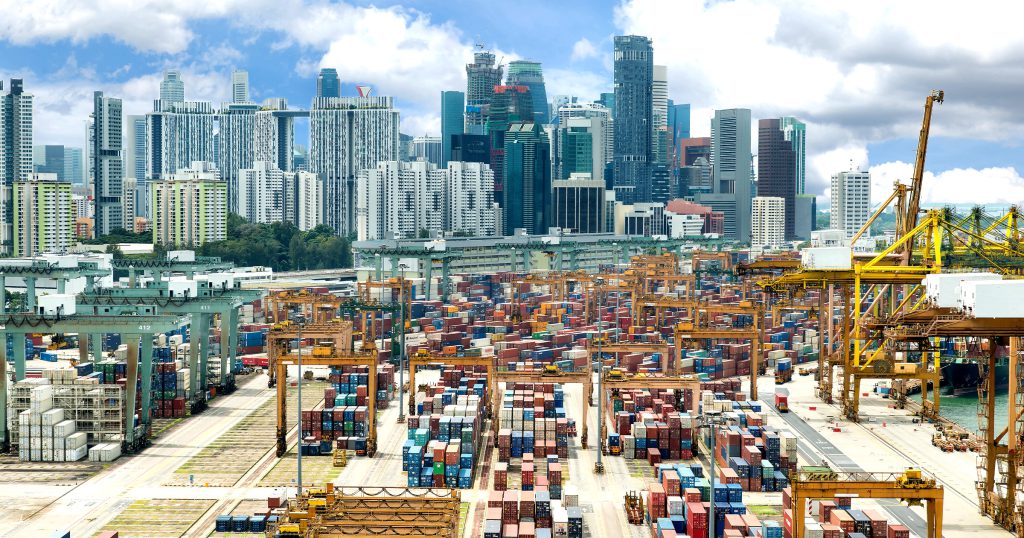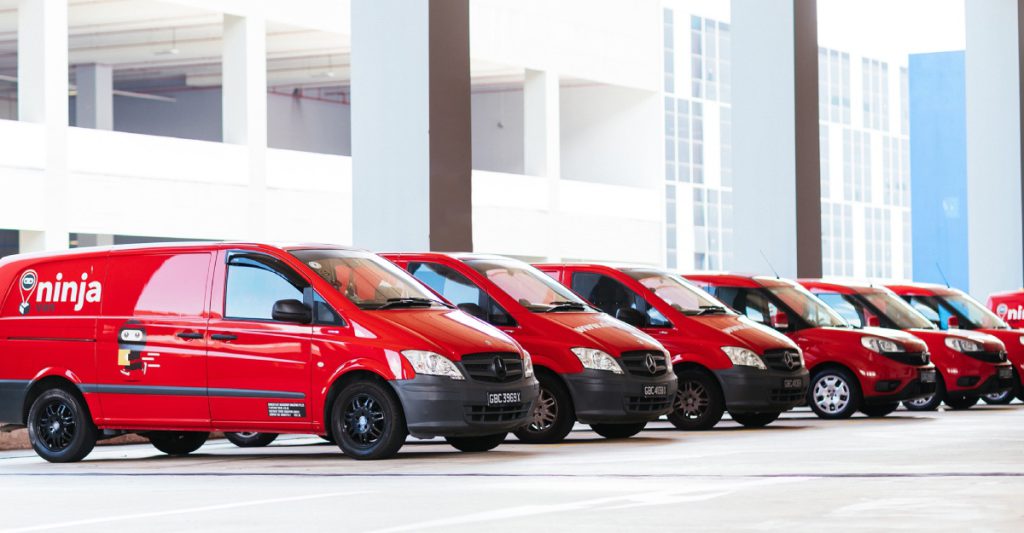As one of the high-tech farms in Singapore, technology has undoubtedly been at the forefront of N&N Agriculture’s processes.
N&N Agriculture has invested $13 million into the pasteurisation technology to ensure that customers who love their eggs raw and runny can enjoy them without the risk of salmonella, especially for those with lower immunity like pregnant ladies and the elderly.
In addition to fresh table eggs, its produces — which are sold under the Egg Story brand — undergo a pasteurisation process that involves submerging the eggs in a warm water bath at a precise temperature and duration.
This actually allows for the fine balance between killing harmful bacteria and not cooking the egg.

The pasteurisation technology is also used for its line of soft yolk eggs (i.e ‘hanjuku’ eggs), as well as ready-poached eggs.
To further subvert the traditional farming imagery and in line with environmental friendliness, the company’s anaerobic digesters are busy churning the chickens’ waste matter into electricity to supply part of the farm’s power needs.
With the rise of COVID-19 however, N&N Agriculture CEO Ma Chin Chew, like many local farmers, is increasingly walking on eggshells. In this interview, he shares how his farm escapes unscathed from the business challenges that this pandemic has brought about.
Don’t Put All Your Eggs In One Basket
Aside from the direct fall in demand from the F&B sector such as catering services and hawkers, a consequent result of this have led to a surge in competition with other suppliers, as their eyes are now zoned in on the same single prize.
While it’s true [that] eggs are in good demand in the grocers and supermarkets now, in actual fact, we are facing a huge competition as egg suppliers all over Singapore are now concentrating on one channel – retail and online grocery business.
It’s not just that. The cost of operation and raw materials for Singapore farmers is [also] more expensive than Malaysia’s or suppliers from other countries, so in that way we don’t actually benefit much even though there’s the demand.
– Ma Chin Chew, CEO of N&N Agriculture
Sharing more about his business, Ma said that the ex-owner of N&N Agriculture asked him to join the company as a majority shareholder in 2008 when he started hatching the composite sketch of a different business model.
“In the past, the ex-owner depended mainly on business from wholesalers,” he said. However, this was not without its own set of challenges.

N&N is a multi-layer egg farm which boasts six layers of chicken houses, with each house based on a production interval of three to four months difference.
The intervals are spaced to ensure a continuous cycle of having a consistent supply of 360,000 to 400,000 eggs per day.
Wholesalers can come today and don’t come tomorrow. If the wholesaler doesn’t purchase the eggs consistently, then there will be a pile up.
Imagine this scenario – if we are producing 400,000 eggs a day, what happens if the wholesaler doesn’t come in for three days? In that way, we will be held ransom by their timetable and they dictate the price too.
– Ma Chin Chew, CEO of N&N Agriculture
Such a business strategy was not sustainable to Chin Chew. When he took full ownership of the company in 2010, he decided to diversify who he supplies his eggs to, and not depend solely on the wholesaler.
Since then, N&N Agriculture has diversified its channels of distribution to include supermarkets, the food and beverage sector, caterers, hotels, ship chandlers and export trade, on top of wholesalers.
The company’s move to expand its product range beyond table eggs to include producing pasteurised shell eggs and various value-added pasteurised egg products also helped spread its eggs into more revenue baskets.
Diversifying Food Supply Chain In S’pore
Chin Chew’s move of not putting all his eggs in one basket echoes Minister of Trade and Industry Chan Chun Sing’s call for a more diversified food supply chain in Singapore.
Along the narrative of a more resilient food supply chain, Singapore has also recently set a “30 by 30” goal — it aims to produce 30% of our country’s nutritional needs by 2030.
When asked for his take on this ambition, Chin Chew commends it to be “a good move for the country and our food supply resilience.”
However, he also voiced his concerns in getting there.
“A lot of things need to be in place, a lot of parties need to work together to make this work, it’s not just about production. There are many challenges to meet for this goal, especially for the supply of eggs,” he said.
Chin Chew chalked up one of his biggest worries to uncertainty, especially in the current pandemic climate.
“As you know, we won’t know what’s going to happen next, especially in terms of raw material supply. The chickens need to be fed, and without these raw materials and feed, there won’t be eggs at all.”

He added that producing the required amount of eggs to meet the quota is not difficult. Instead, the challenge lies in handling the byproduct of the increased egg production.
The amount of chicken manure is a mucky ordeal in itself due to the huge volumes produced every day.
While N&N’s anaerobic digestor is able to process and reduce the waste matter from 100% to 15%, the amount of sludge (by-product of anaerobic digestion) is still substantial.
As such, Chin Chew hopes that the National Environmental Agency and National Parks Board can facilitate R&D efforts to convert the sludge into organic fertiliser, which our country can make use of in maintaining our garden city.
Featured Image Credit: N&N Agriculture


